💎 Responsible Jewellery Council (RJC) – COP & COC Compliance with BRAND
Overview of the RJC Standards
The Responsible Jewellery Council (RJC) is the leading standard-setting organization for the global jewellery and watch industry. Its two main certification standards are:
- Code of Practices (COP) – A mandatory standard covering business ethics, human rights, social and environmental responsibility, and responsible sourcing.
- Chain of Custody (COC) – A voluntary standard focusing on traceability, KYC, and conflict-sensitive sourcing of precious metals and gemstones.
Both standards are widely recognized by stakeholders and align with international frameworks such as the OECD Due Diligence Guidance, UN Guiding Principles, and ILO Conventions.
Key Requirements of RJC COP (2019)
Some of the most relevant clauses that BRAND supports include:
Provision 6 – Human Rights
“Members shall respect human rights in accordance with the Universal Declaration of Human Rights and undertake due diligence in accordance with their size and context.”
Provision 7 – Due Diligence for Responsible Sourcing
“Members shall establish and maintain a due diligence system to identify and mitigate risks in their supply chains, in line with OECD Guidance.”
Provision 12 – Know Your Counterparty (KYC)
“Members shall establish processes to verify the identity and legitimacy of their suppliers and customers.”
Provision 14 – Conflict-Affected and High-Risk Areas (CAHRAs)
“Enhanced due diligence must be undertaken where sourcing from or linked to CAHRAs.”
Provision 18 – Grievance Mechanisms
“Members shall provide accessible grievance mechanisms and ensure non-retaliation.”
Key Requirements of RJC COC (2017)
Material Eligibility
COC Material must be sourced from eligible entities, not involved in conflict or human rights abuses.
Segregation & Documentation
Companies must ensure chain-of-custody segregation and clear recordkeeping from source to final product.
KYC and Provenance Documentation
Entities must maintain validated documentation for each transfer of custodianship.
How BRAND Supports OECD-Aligned Due Diligence
Supply Chain Due Diligence – Provision 6 & 7
- Mapping Tools: Visualize suppliers across regions and tiers.
- Risk Profiling: Automated evaluation of supplier risks based on sector, location, or past audit results.
- OECD Framework Integration: Step-by-step due diligence aligned with the 5-step OECD model.
KYC & Counterparty Screening – Provision 12 & COC Eligibility
- Legal Entity Verification: Collect business registration documents, licenses, and tax IDs.
- UBO / PEP Screening: Identify beneficial owners and politically exposed persons.
- Sanctions & Watchlist Checks: Integrate 3rd party databases or upload client-specific screening lists.
- Document Expiry Flags: Get notified of missing or out-of-date files.

CAHRA Risk Management – Provision 14
- CAHRA Country Indicators: Flag suppliers operating in or near conflict zones.
- Red Flag System: Automated alerts for high-risk origins, unverified claims, or incomplete evidence.
- Enhanced Due Diligence Modules: Trigger supplier-specific deeper review or evidence collection when required.

Chain of Custody Documentation – COC Traceability
- Tag Documents to Clauses: Store and link policies, audit reports, and supply chain declarations directly to COP/COC provisions.
- Grievance Management Tracking: Record complaints, responses, and resolution actions per Provision 18.
- Audit Trail Reports: Produce real-time logs showing compliance activities and documentation timelines.

Step 5: Reporting & Transparency
- Material-Level Recordkeeping: Maintain inputs/outputs by batch or shipment.
- Transaction Logs: Capture and export transfer documents with validation stamps.
- Integration with ERP or Inventory Systems: Ensure COC segregation is maintained digitally.
Use Cases
Auditing supply chains for gold or diamonds from CAHRAs
Generating a KYC report on all material suppliers for RJC audits
Tracking RJC training attendance and document updates per facility
Preparing annual due diligence statements aligned with OECD and COP

Summary
BRAND provides a central, auditable system that supports RJC compliance efforts from supplier onboarding through to external certification. Whether you’re implementing COP requirements or managing chain-of-custody for precious materials, BRAND ensures your due diligence is defensible and documented.
